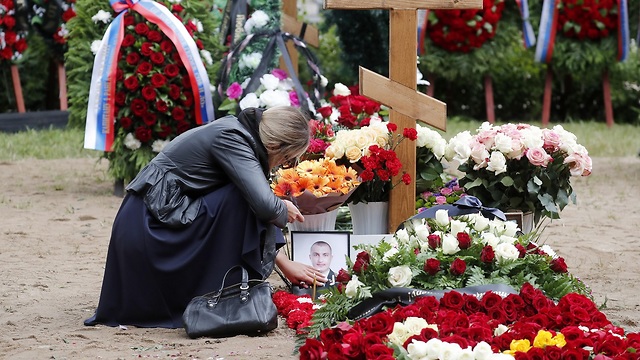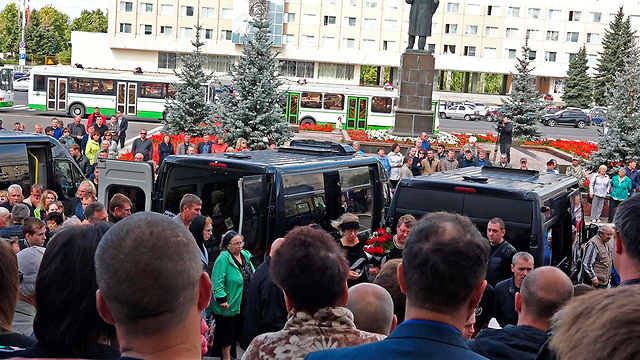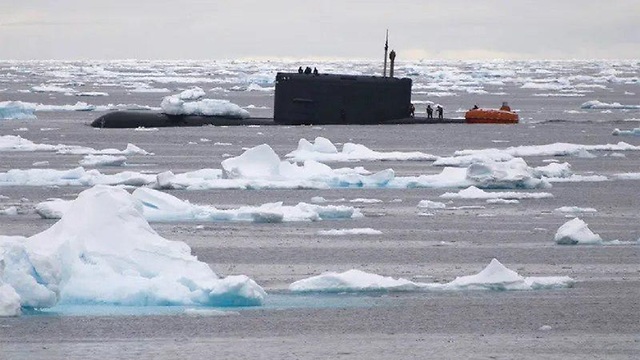
All we actually know of what transpired in Northern Russia last week, is that there was testing of a new weapon, almost certainly the cruise missile Putin in his address to the nation earlier this year, promised Russia already had.
A missile that can “reach anywhere in the world.” He boasted and is described as the "second strike" capability or a weapon of revenge in case of any allied nuclear attack.
This was going to be the pinnacle of Russian military might but according to some reports has not been able to exceed over 22 kilometers.
Early news from the accident site told of five scientists killed. They of course were rewarded posthumous honors for "their bravery" etc.
That is the traditional Russian way to cover up failure — honor the dead as heroes; silent heroes, of the sort that cannot answer any questions.
Immediately after the explosion occurred, the cover up began.
Though satellite images showed naval vessels used in such tests, the Russians claimed they were just carrying out experiments in new fuel cells.
This time, unlike Chernobyl, local officials were the first to spread the news by instructing residents to stay indoors and keep windows closed while suggestions were made to stock up on iodine in order to mitigate radiation damage. Reports of elevated levels of radiation were also released locally.
Moscow of course denied the reports a day later in a ministry of defense statement but the official Tass news agency finally confirmed the story.
Official radiation measurements were not released but terms like "16 times the allowed levels" were made and that was enough to raise serious concern.
Then as a near by village was evacuated, finally, from its residents, the reason given was "work that needs to be done on site".
The manner in which Russian officials responded to events can be seen as an authoritarian regime's response. Some coverup could be attributed to fear of retribution from the central government, some to keeping the population in the dark, some to both.
The only reassuring news is that international monitoring organizations have not detected high levels of radiation at all and if the incident did in fact involve the cruise missile, it was a local event.
What is worrying to all is the culmination of events in recent months.
The accident in a secret nuclear-powered submarine in the arctic in July, the suspicious explosion in the Siberian arms depot and now this missile mishap, all ending in posthumous honors to the victims: scientists and officers.
The worry is that the Russians are fast tracking their arms race and investing vast resources and groundbreaking technologies: nuclear and other, in increasing their military's might in all aspects and all arenas, from the Arctic to the Middle East.
What should add to the world's concern is Putin's strong hold on the Russian government and his proven willingness to go to war.
The latest accident is just another symptom of Russia's extraordinary armament effort.



















